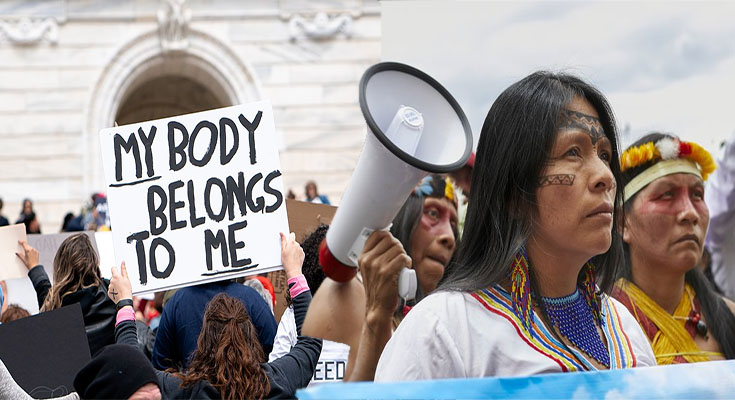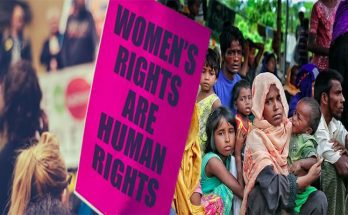Inequalities, Conflicts and Social Inequalities are just a few of the issues that will be addressed in the next UN General Assembly. Abortion and social inequalities are also addressed in this document. You can read more about the issues in the next General Assembly in this article. Inequality is the number one issue in the world, but it doesn’t have to be the biggest issue in the world. There are ways to address these issues.
Inequalities
Inequalities in women’s rights continue to plague the world. The most pressing issues today are equal pay, working hours, and the amount of unpaid work women do. In middle-income countries, issues related to equal pay and gender equity are highlighted more often. The number of women who are victims of violence, harassment, and sexual violence continues to grow. Despite these advancements, women still face numerous challenges, including economic, educational, and health inequalities.
Conflicts
As UN Secretary-General Sima Bahous recently noted, conflict impacts many aspects of women’s lives: early marriage, sexual violence, food insecurity, a lack of livelihoods, and a lack of dignity. Moreover, women are often excluded from political processes and often end up risking their lives in order to fulfill their roles as head of household, peacebuilders, and leaders. As such, conflict impacts many aspects of women’s lives and their ability to fully exercise their rights.
Social inequalities
The world is increasingly focused on gender equality, yet the status of women is still unacceptably low. This inequality hinders economies and limits the ability of women and girls to lead productive lives. More than one billion people live in informal settlements and the majority of them are women. Urban areas are particularly challenging for women, with inadequate housing and low levels of basic services. In these communities, the rights of women must be prioritized to ensure their basic needs are met and that their participation in urban planning and development processes is not hindered.
Abortion
The U.S.’s decision to restrict abortion rights goes against the progressive trend of the past 25 years. UN Women has stated that the ability to control one’s body directly relates to what role a woman can play in society. This decision would also limit access to abortion services for women in poorer countries. Therefore, it would be important to eliminate such restrictions and allow women access to reproductive health care.
Violence against women
The United Nations is aiming for a reduction of gender-based violence by 2022, but what exactly should be included? This will provide a framework for assessing the current state of violence against women and identifying solutions. The United Nations report found that almost one-quarter of girls around the world had experienced gender-based violence before they reached the age of 19.
Equal pay
In order to achieve pay equity, women will have to work until March 15th, 2022. According to 2020 data, women will make 83 cents to a man’s dollar. This will even be lower for women of color. This gap will only continue to grow as the wage gap grows. However, this gap won’t stop there, as a pandemic will also result in lower pay for many women.
Child care
Despite the fact that women continue to provide the majority of unpaid care for their children, the lack of affordable child care creates significant barriers to women’s economic security. Without adequate child care, women may have to choose flexible schedules over job security or end up in precarious employment. The cost of child care can also force women into financial dependence, which undermines their ability to leave violence or abuse, parent their children, and participate in many aspects of society.
Education
While abortion is now considered a human right, there are still many controversial issues surrounding women’s reproductive rights. Many women continue to face high dropout rates and schools continue to treat pregnant and parenting students as behavior problems. In addition, schools do not provide the services necessary for women to attend school and balance their parenting responsibilities. These policies continue to deny young women equal access to education and fuel sexist conceptions about young women.





